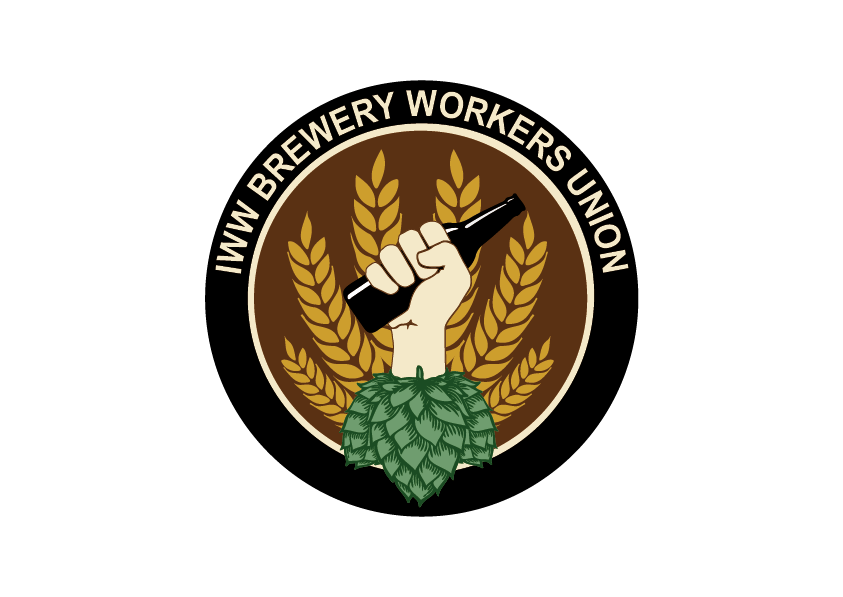BWU information on sexual harassment
Sexual harassment is sadly an issue many faces in the workplace.
While sexual harassment is not only limited to women, individuals who identify as women are far more likely to experience sexual harassment. Sexual harassment can occur colleague-to-colleague, or manager-to-worker. In both of these cases, your employer has a responsibility to ensure your workplace is free of sexual harassment and, if sexual harassment occurs, to investigate and take appropriate measures.
The beer industry is male-dominated. This gender imbalance means that many women may be subject to unwanted comments, advances, or touching while at work, all of which constitute sexual harassment.
What is sexual harassment?
The Equality Act 2010 defines sexual harassment as unwanted conduct of a sexual nature that has the purpose or effect of violating someone’s dignity or creating an intimidating, hostile, degrading, humiliating or offensive environment for them.
This can include but is not limited to:
- Sexual comments or jokes
- Making sexual jokes or comments about someone’s sexuality, gender or gender identification
- Suggestive looks, staring or leering
- Intrusive questions, or a person discussing their own sex life
- Touching someone against their will, for example hugging them
- Sexual assault or rape
What is the law?
All employers have a “Duty of Care’ to protect the welfare of their staff.
Essentially, this Duty of Care requires employers to protect their employees from experiencing sexual harassment, whilst making use of a suitable and supportive complaint and reporting procedure. Employers have a responsibility to prevent sexual harassment in the workplace, take complaints seriously and respond to grievances.
If the Duty of Care is not maintained, this could be a serious breach of your contract and could lead to serious legal action and financial consequences for your employer.
What to do if you face sexual harassment in the workplace
If you’ve experienced sexual harassment at work, you can make a complaint to your employer, even if it happened a long time ago.
It’s a good idea to make a note of what’s happened. This should include dates, times and names, including any witnesses.
You can talk with your employer or someone senior at work as soon as possible to try and resolve the problem. If this does not resolve the issue, or does not seem appropriate in the circumstances, you can raise a formal grievance.
Alternatively, your employer may have their own specific sexual harassment policy. If so, you should follow that policy and procedure to make your complaint.
You can always contact us at breweryworkers [at] iww [dot] org [dot] uk for specific advice and help with raising this formally.
What your employer should have in place
Employers should aim to have a culture of zero tolerance of sexual harassment. Employers are required to ‘take all reasonable steps’ to prevent harassment. Research was carried out by the Equalities and Human Rights Commission and following campaigns and protests following #MeToo, the government reacted to the findings of the research.
Employers should:
- remove or reduce risks of sexual harassment to make sure your workplace is safe
- offer support to anyone involved in a sexual harassment complaint
- make it clear to everyone who works for you, or uses your services, that you will not tolerate sexual harassment
- train everyone who works for you on recognising sexual harassment and encourage them to report it
- make sure all your policies are consistent in having zero tolerance of sexual harassment
Further information
When it’s a crime, for example If you’ve been sexually assaulted or raped at work, there are specialist helplines you can call for support and advice. They can help talk through your options.
If you choose to tell your employer, they should talk to you about whether you want to report it to the police, and should support you if you choose to report it. Before doing this, your employer should get advice from a specialist helpline.
Your employer should not put any pressure on you to make any particular decision. If you do not want to tell the police, you do not have to.
